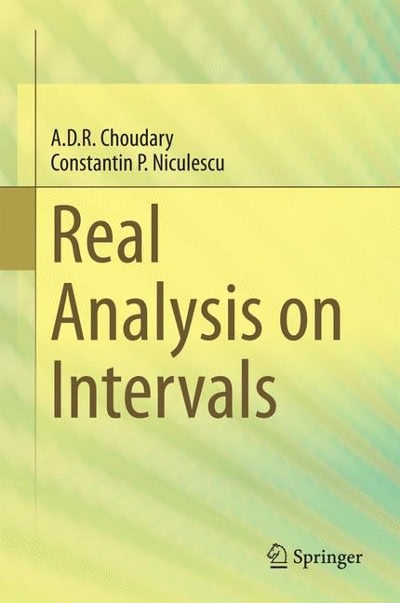Question
Exercise 2 Based on what you have learned about the values that a probability can take, determine: the probability of an impossible event occurring (1
Exercise 2
Based on what you have learned about the values that a probability can take, determine: the probability of an impossible event occurring (1 point) the probability of an unavoidable event (1 point)
Exercise 3
Name one (1) example of a probability with a value of one (1) and one (1) example of a probability with a value of zero (0). (2 points)
Exercise #4
1) Would it be correct for a meteorologist to say that the probability that it will rain in Puerto Rico next Friday is ? Explain. (2 points)
Exercise #5
What does it mean if the result of a probability is too small, like 0.00003? Explain. (2 points)
Exercise #6
Which of the following values cannot be probable: 0, -1, 0.72, -2.1, 0.25, 8/5,0.89? (2 points)
Exercise #7
The following possibilities are given: P(E1) = 0.16, P(E2) = 0.25, P(E3) = 0.38 and P(E4) = 0.24. Are these values legitimate? Explain. (2 points)
Exercise #8
Determine the probability that a five (5) will come up when rolling a die. (2 points)
Exercise #9
Determines the probability that an even number will come up when rolling the dice. (2 points)
Exercise #10
Determines the probability that a number greater than four (4) will come up when rolling a die. (2 points)
Exercise #11
Determines the probability that an ace will come up when a card is drawn from a deck. (2 points)
Exercise #12
If you have 30 red balls, 22 green balls, 16 yellow balls and 4 blue balls in an urn:
What is the probability that he draws a red ball? (2 points)
What is the probability that he draws a red or yellow ball? (2 points)
What is the probability that he draws a ball that is not blue? (2 points)
Exercise #13
If you toss two dice, what is the probability that the sum of the influences is 7? (2 points)
Exercise #14
If you toss two dice, what is the probability that the product of the influences is greater than 6? (3 points)
Exercise #17
What is the probability that, when tossing a coin three (3) times, it will come up heads all three times? (3 points)
Step by Step Solution
There are 3 Steps involved in it
Step: 1

Get Instant Access to Expert-Tailored Solutions
See step-by-step solutions with expert insights and AI powered tools for academic success
Step: 2

Step: 3

Ace Your Homework with AI
Get the answers you need in no time with our AI-driven, step-by-step assistance
Get Started


